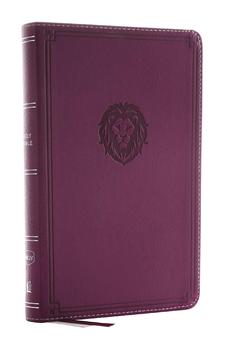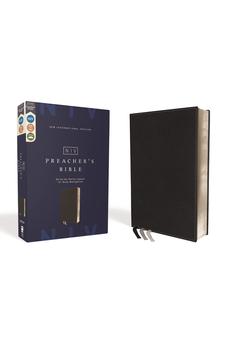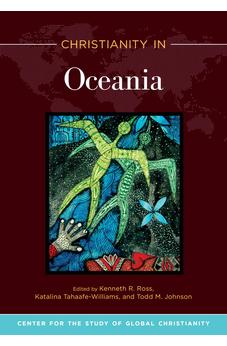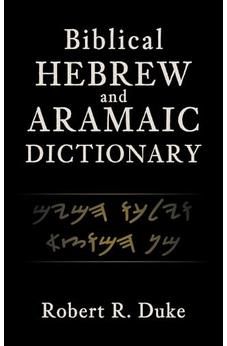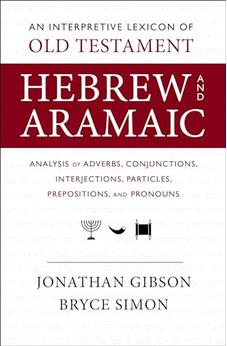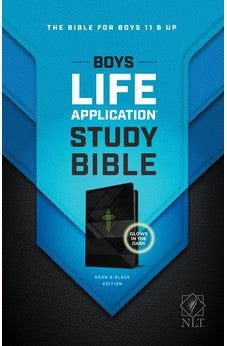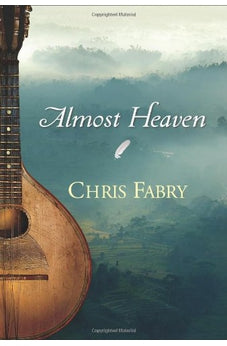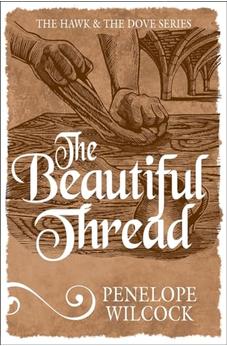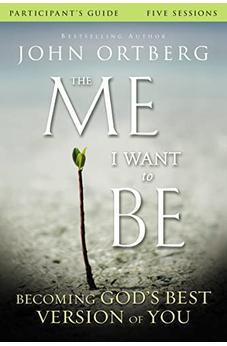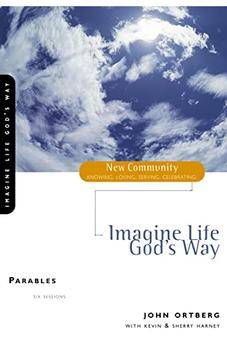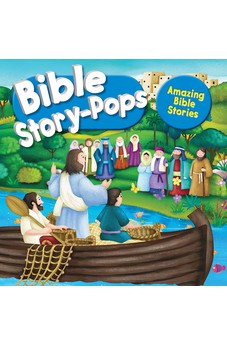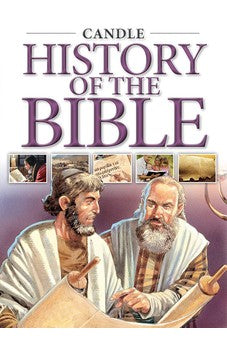The Old Testament Pseudepigrapha Volume 1: Apocalyptic Literature and Testaments
3 Great Reasons to Buy from Us:
The writers of the Bible, like any other authors, were dependent on a vast array of literary sources from their time?the ancient world. Many of these documents are tragically lost, but what remains provides insight into the voluminous, fascinating, complex, and dynamic literary world that shaped the expressions of faith found in the Old and New Testaments. Part of these extant sources are known as the Pseudepigrapha. This collection of Jewish and Christian writings shed light on early Judaism and Christianity and their doctrines.This landmark 2-volume set includes all 65 Pseudepigraphical documents from the intertestamental period that reveal the ongoing development of Judaism and the roots from which the Christian religion took its beliefs. A scholarly authority on each text contributes a translation, introduction, and critical notes for each text. Edited by James H. Charlesworth, The Old Testament Pseudepigrapha includes contributions from E. Isaac, B. M. Metzger, J. R. Mueller, S. E. Robinson, D. J. Harrington, G. T. Zervos, and many others. Originally published by Yale University Press, the leading critical translation of these ancient texts is now available from Hendrickson Publishers in paperback?and at a fraction of its original price.Available in a two-volume set, or as individual volumes:Two-volume set: ISBN 9781598564891 Volume 1: 9781598564914 Volume 2: 9781598564907Volume 1 contains “Apocalyptic Literature” and “Testaments” that reflect a wildly varying trend towards apocalypticism in ancient Judaism. Yet, despite the existence of this movement on the fringe of Judaism, the movement maintained a definitive influence, and produced amazing, if not disturbing, literary expressions. There can be no doubt that these writings shaped the apocalyptic imagination of the biblical authors and helped to shape the way early Christians interpreted the promised return of Jesus Christ.If the contents of Volume 1 were not enigmatic enough, Volume 2 is, arguably, even more cryptic in its contents featuring expansions of the Hebrew Bible?legends and wisdom literature, prayers and psalms, and fragments of lost works. While these works are not so imaginative as Volume 1, they do much to aid our understanding how the religious life of Judaism was lived and practiced in the ancient world, after the Old Testament closed and Christianity began to emerge.As a unit, the two volumes, like no other collection of texts available, illuminates the literary, social, religious, and theological context in which the Bible was shaped. They are an indispensable tool providing great insight into how religion functioned and how it was expressed in both official and unofficial circles.Editor James H. Charlesworth is the George L. Collord Professor of New Testament Language and Literature and director of the Dead Sea Scrolls Project at Princeton Theological Seminary, New Jersey. He also directs the Syrus Sinaiticus Project at St. Catherine’s Monastery in Sinai. Charlesworth is a world-renowned translator, particularly of pseudepigraphical material, and the author of Jesus and the Dead Sea Scrolls, The Bible and the Dead Sea Scrolls, The Serpent: A Symbol of Life or Death? and The Historical Jesus.


